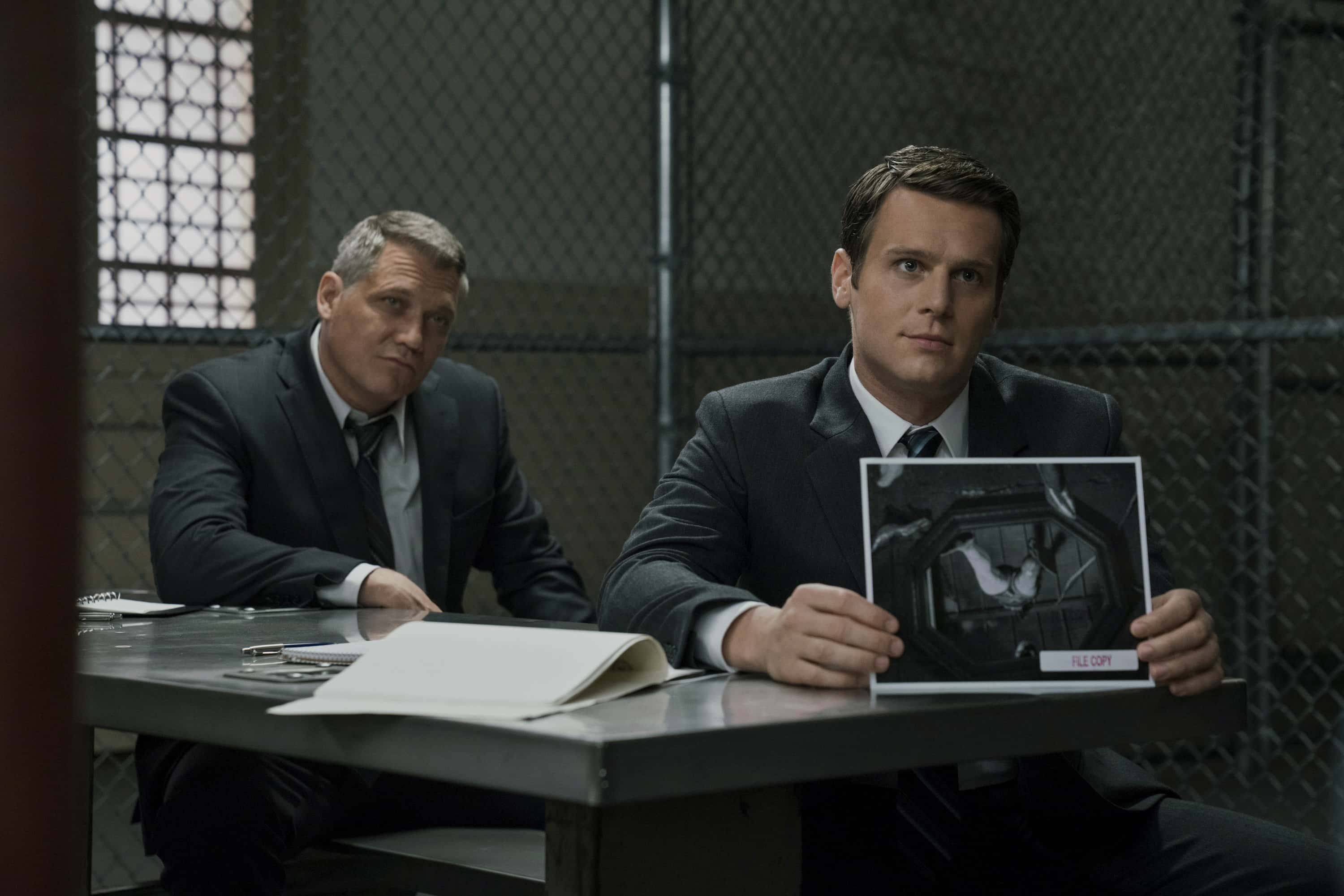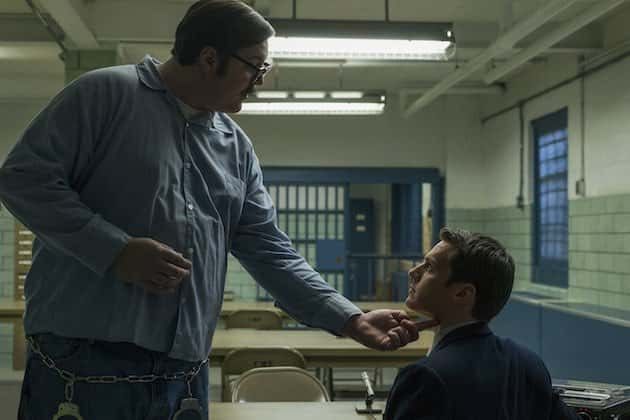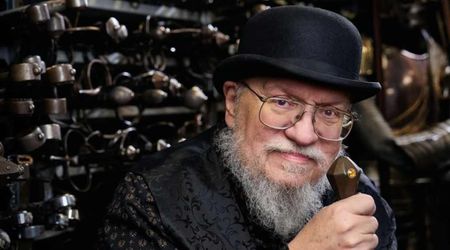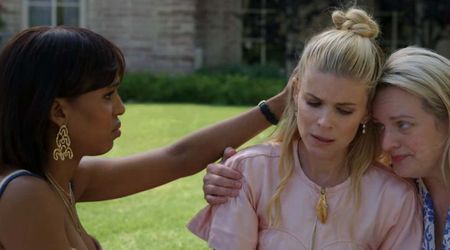'Mindhunter' season 2: Do criminals have a human side? How the Netflix series shows both sides of the coin

Do criminals have a human side? “When a man is denied the right to live the life he believes in, he has no choice but to become an outlaw,” Nelson Mandela said. His words do spell out the connection between criminals and tyranny. It is only when a mind is subjected to too much cruelty and brutality that it wants to inflict the same on others.
“To understand the 'artist', you must study his 'art',” John E. Douglas wrote in his book 'Mindhunter: Inside the FBI's Elite Serial Crime Unit' that inspired David Fincher to create the crime thriller series 'Mindhunter' with two FBI agents who decide to interrogate and investigate serial killers to understand their mind. Holden Ford (Jonathan Groff) and Bill Tench (Holt McCallany) bring about a stir at the Behavioral Science Unit within the Federal Bureau of Investigation (FBI) with compassion, empathy, and a keen interest in knowing what goes on in monstrous minds. “The question is not only why the killer did it, but also the killer chose to do it this way?” Tench says in one scene. Meanwhile, Ford puts his point across when he explains the common ground for criminals and innocent men: “What do we have in common? What unites us? What keeps us all awake at night?”

The conflict begins right in the beginning when the FBI isn't exactly supportive of their up-close-and-personal interviews with the criminal minds. “How do we get ahead of crazy if we don't know how crazy thinks?” Tench says in one scene. Later, during an investigation of the savage murder of a woman and child, Tench tells officers that motive and opportunity are not the only paradigms to be analyzed when it comes to catching a suspect. Instead, you need to think about “what, why, who.”
Juggling between whether or not serial offenders and juvenile delinquents actually do have a soul or not, Ford and Tench put across the example of Charles Manson and the Son of Sam killer David Berkowitz. Did you know Manson had a passion for music and was obsessed with the Beatles? Well, he certainly wasn't born a murderer but organized a cult criminal gang after a rough childhood. Similar is the case with several other sinners, who either were physically abused in their childhood or didn't get a proper upbringing due to the absence of a father figure.
It all comes down to serial killer Edmund Kemper's words, essayed by actor Cameron Britton in the show, “It's not easy butchering people. It is hard work. Physically and mentally, it's hard work. People don't realize, you need to vent.” Perhaps that spells out what criminals really feel. If looked at with an unbiased perspective, the desire to kill, murder or rape doesn't come from passion but is a tool to show superiority and power. Isn't that how all humans are—climbing the ladder at work or boasting among friends to show how superior they are? Serial killers are no different. They just go to a mega supreme level to prove it.

Created by Joe Penhall, the second season of the show is all set to return to Netflix on August 16.










